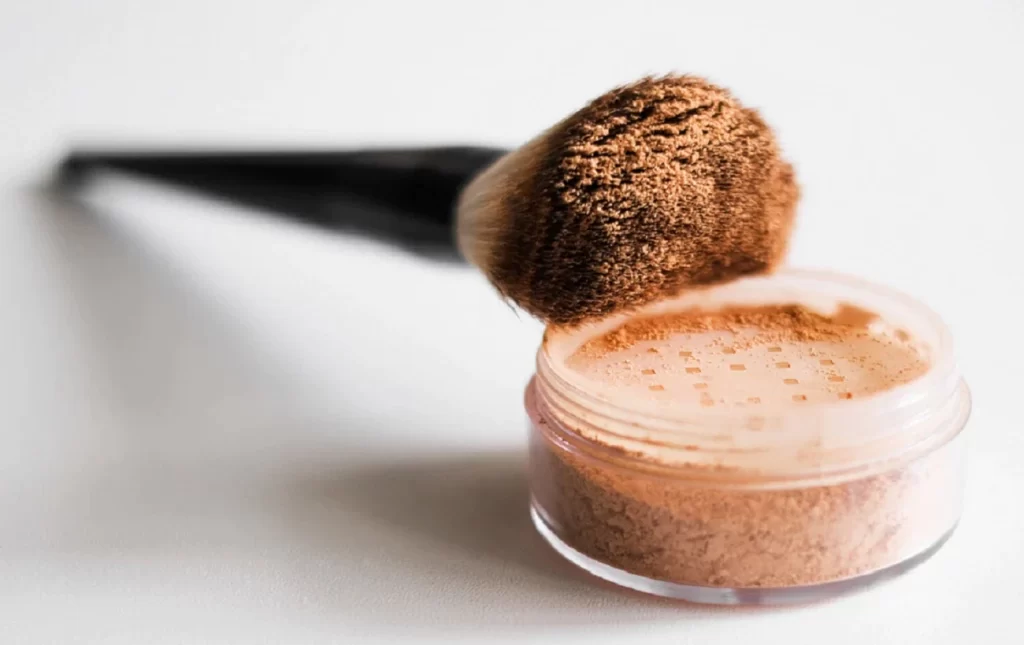Application of ultra-fine grinding technology in cosmetics

Ultrafine grinding refers to the unit operation of crushing coarse-grained materials to a particle size of less than 10~25 μm. When the material is crushed to a particle size of less than 10 μm, the ultra-fine particles have high surface activity, void ratio and surface energy, thus giving the material Excellent solubility, adsorption, fluidity and unique optical, electrical, magnetic and other properties. Ultra-fine grinding technology is widely used in food, medicine, information materials, microelectronics, thermal insulation materials, advanced refractory materials, high-tech ceramics, Coatings, fillers and new material industries.、
As one of the most effective equipment for ultra-fine pulverization of powders, jet pulverizer uses supersonic airflow to impact materials to cause the materials to collide with each other to achieve the purpose of ultra-fine pulverization. Therefore, the jet pulverizer equipment is simple to operate, pollution-free, and has high product purity. High, good activity maintenance, good powder dispersion, small particle size and narrow distribution, smooth particle surface, especially suitable for ultra-fine crushing of heat-sensitive and moisture-sensitive drugs.
With the rapid development of the cosmetics industry in the past 20 years, a large number of bioactive substances and Chinese herbal medicine powders have been widely used in various cosmetics. However, the raw materials have large particles and are difficult to dissolve in water at low temperatures or are difficult to be absorbed by the skin when applied directly. By ultrafinely crushing the active ingredients, the dissolution temperature of the active ingredients can be greatly reduced, which is beneficial to the maintenance of activity and transdermal absorption. In addition, airflow crushing technology is used in the manufacturing of high-end pressed powder cosmetics to improve the powder structure and greatly improve the pressed powder performance and product quality. Airflow crushing technology has broad application prospects in the cosmetics industry.
1) Micronization technology is a complete set of processes and technologies, and it is a systematic process that must meet the requirements of cosmetics hygiene standards during the manufacturing process of cosmetics. To apply it to the industrialization of cosmetics, we should also combine the characteristics of the cosmetics industry to design ultra-fine grinding equipment that is easy to clean and disinfect, does not pollute products during the manufacturing process, does not produce dust, and has low energy consumption.
2) Strengthen the basic theoretical research on ultra-fine grinding, combine the properties of various powders, conduct module design on the basis of experiments, establish data models, develop multi-functional, integrated airflow grinding equipment, and improve comprehensive supporting performance and automatic control capabilities With the processing capacity of a single machine, it can obtain ultrafine powder with narrow particle size distribution, and can be adapted to the processing of materials with different characteristics and various hardnesses.
3) Find effective ways to reduce the wear and tear of airflow grinding equipment during crushing, extend the service life of the equipment, and reduce product pollution. Focus on solving the material problems of the airflow grinding chamber and nozzle ring, and develop alloy materials with high wear resistance. In addition, appropriate process flow is also an effective measure to reduce airflow abrasion.
4) Find effective ways to reduce energy consumption and improve energy utilization, and overcome the biggest shortcoming of low energy utilization of jet mills.
5) The development of airflow grinding technology will provide technical support for the development of high-quality, high-tech, and excellent cosmetics and enhance the market competitiveness of products. Airflow grinding technology can not only be widely used in pressed powder cosmetics and facial mask products, but also has broad application prospects in the pretreatment of active raw materials and Chinese herbal medicines.
